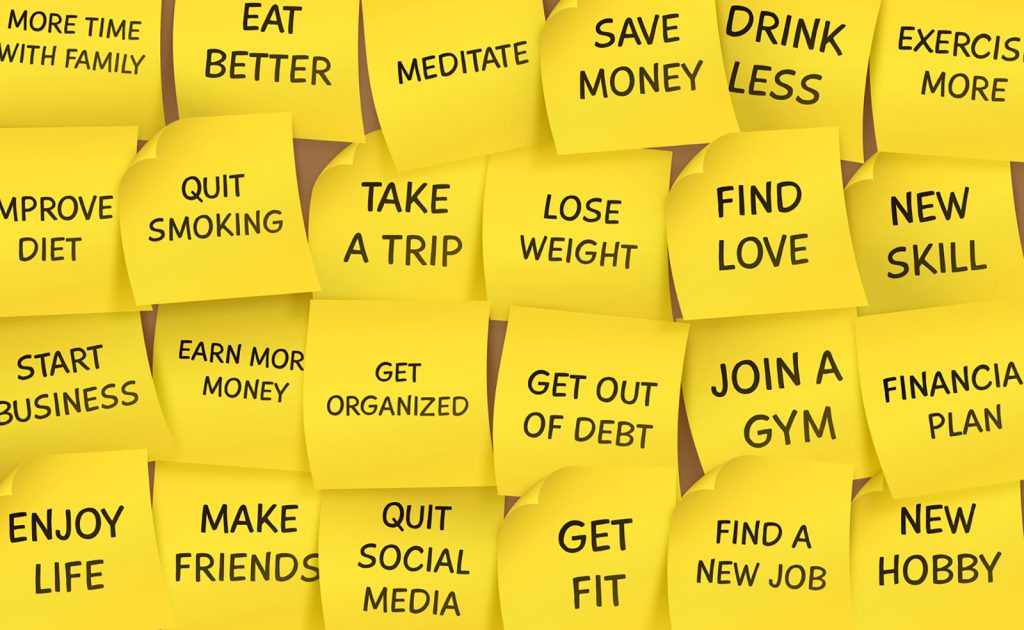Hello, 2024 Resolution Readers!
Can you believe it’s already a brand-new year? We hope the start of 2024 has been treating you well. With the arrival of the new year, many of us have set ambitious resolutions to improve our lives. Whether it’s hitting the gym more often, picking up a new hobby, or focusing on well-being, we’re here to help you stay on track and turn those resolutions into lasting habits.
Tip 1: Set Realistic Goals
One of the keys to successful resolution-keeping is setting realistic goals. Instead of aiming to overhaul your entire life overnight, break your resolutions into smaller, achievable steps. This approach increases the likelihood of success and keeps you motivated along the way. Psychologist Lynn Bufka, PhD, suggests that setting specific, measurable, and achievable goals can significantly improve your chances of making lasting changes1.
Tip 2: Create a Plan
A well-thought-out plan can make all the difference. Take the time to outline the steps you need to take to reach your goals. Whether it’s creating a weekly workout schedule or planning healthy meals in advance, having a roadmap can help you stay focused. According to a study in the British Journal of Health Psychology, participants who took the time to create a detailed plan were more likely to stick to their resolutions2.
Tip 3: Find an Accountability Buddy
Share your resolutions with a friend or family member who can offer support and encouragement. Having someone to share the journey with can make the process more enjoyable and increase your chances of success. The American Psychological Association notes that having a support system can help you stay motivated and on track3.

Tip 4: Celebrate Small Wins
As you work toward your resolutions, celebrate the small victories along the way. Recognizing and rewarding yourself for achieving milestones, no matter how minor, boosts your morale and reinforces positive behavior. According to a study published in the Journal of Personality and Social Psychology, celebrating small wins can enhance long-term goal persistence⁴.
Tip 5: Learn from Setbacks
It’s essential to recognize that setbacks are a natural part of any journey. If you find yourself veering off course, don’t be too hard on yourself. Use setbacks as learning opportunities and adjust your plan accordingly. Psychologist Carol Dweck, known for her work on the growth mindset, suggests viewing challenges as opportunities for growth rather than as failures⁵.
Tip 6: Practice Self-Compassion
Lastly, be kind to yourself. Research has shown that practicing self-compassion is linked to greater emotional well-being and resilience⁶. If you encounter obstacles or make mistakes along the way, treat yourself with the same kindness and understanding you would offer a friend.
Remember, the journey to achieving your resolutions is a marathon, not a sprint. By incorporating these tips into your action plan, you can increase your chances of success and make 2024 the year you turn your resolutions into lasting habits.
Here’s to a fantastic year of growth and positive change!
©2024ProgressiveHealth References: (1) American Psychological Association. “Making Your New Year’s Resolution Stick.” (https://www.apa.org/news/press/releases/2018/12/new-years-resolutions). (2) Gollwitzer, P. M., & Sheeran, P. (2006). Implementation intentions and goal achievement: A meta‐analysis of effects and processes. Advances in Experimental Social Psychology, 38, 69-119. (3) American Psychological Association. “Making Your New Year’s Resolution Stick.” (https://www.apa.org/news/press/releases/2018/12/new-years-resolutions). (4) Oettingen, G., & Gollwitzer, P. M. (2010). Strategies of setting and implementing goals: Mental contrasting and implementation intentions. In The Oxford Handbook of Human Motivation (pp. 289-306). (5) Dweck, C. S. (2006). Mindset: The new psychology of success. Random House. (6) Neff, K. D., & Dahm, K. A. (2015). Self-compassion: What it is, what it does, and how it relates to mindfulness. In Handbook of mindfulness and self-regulation (pp. 121-137). Springer.

